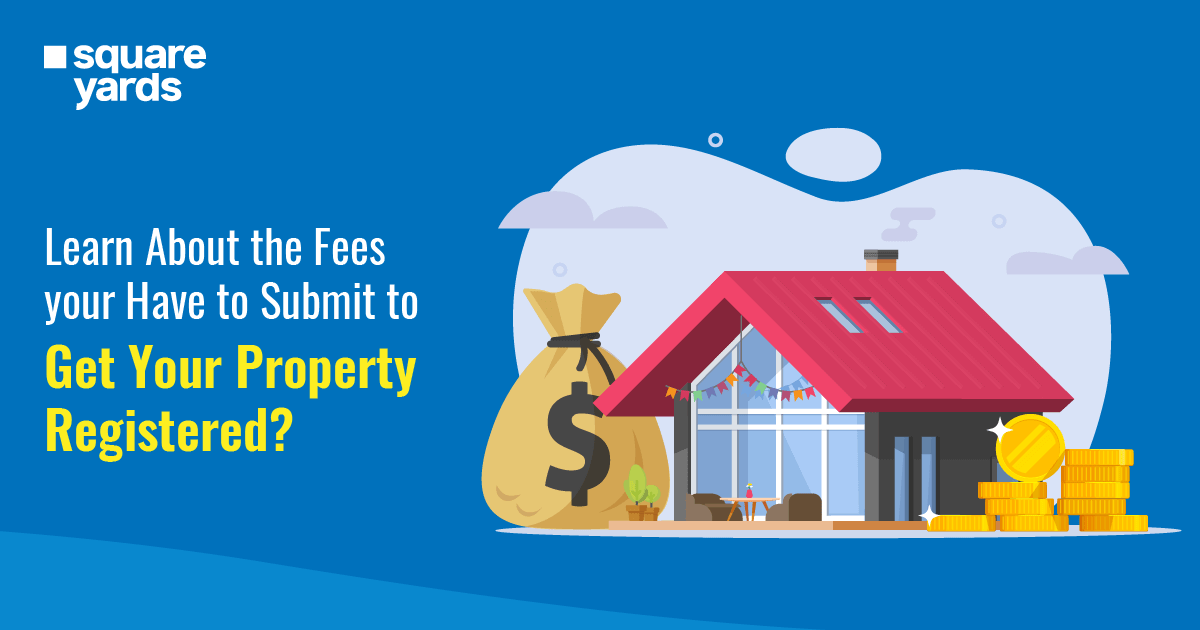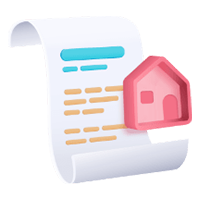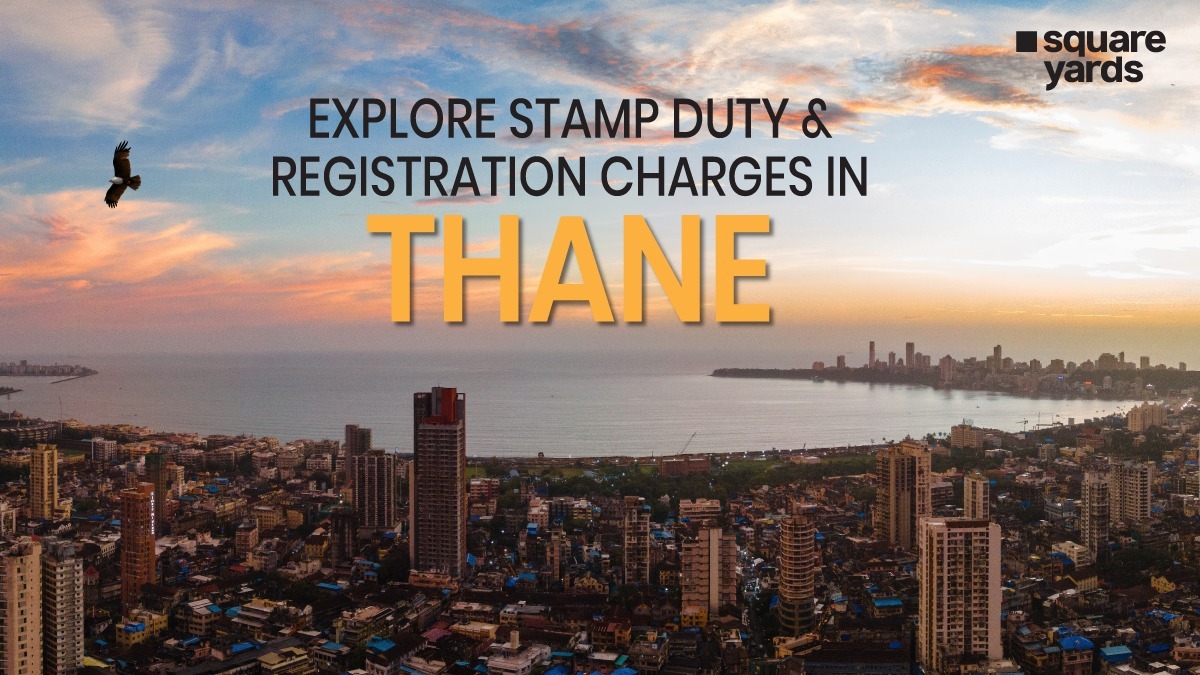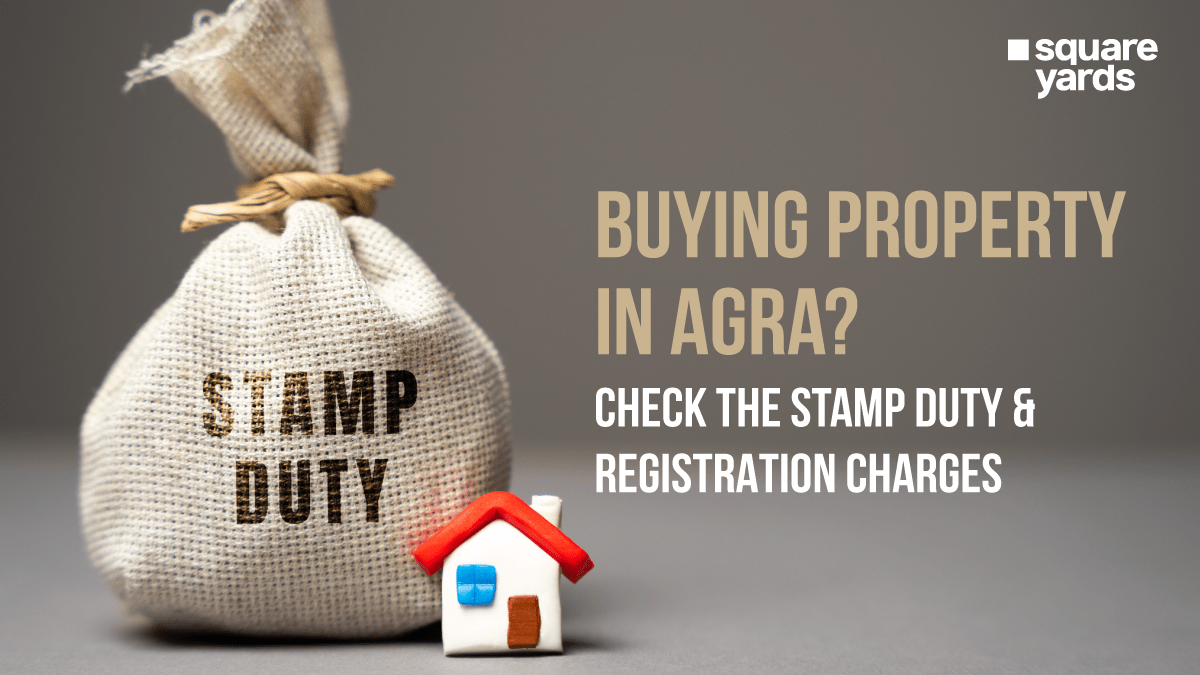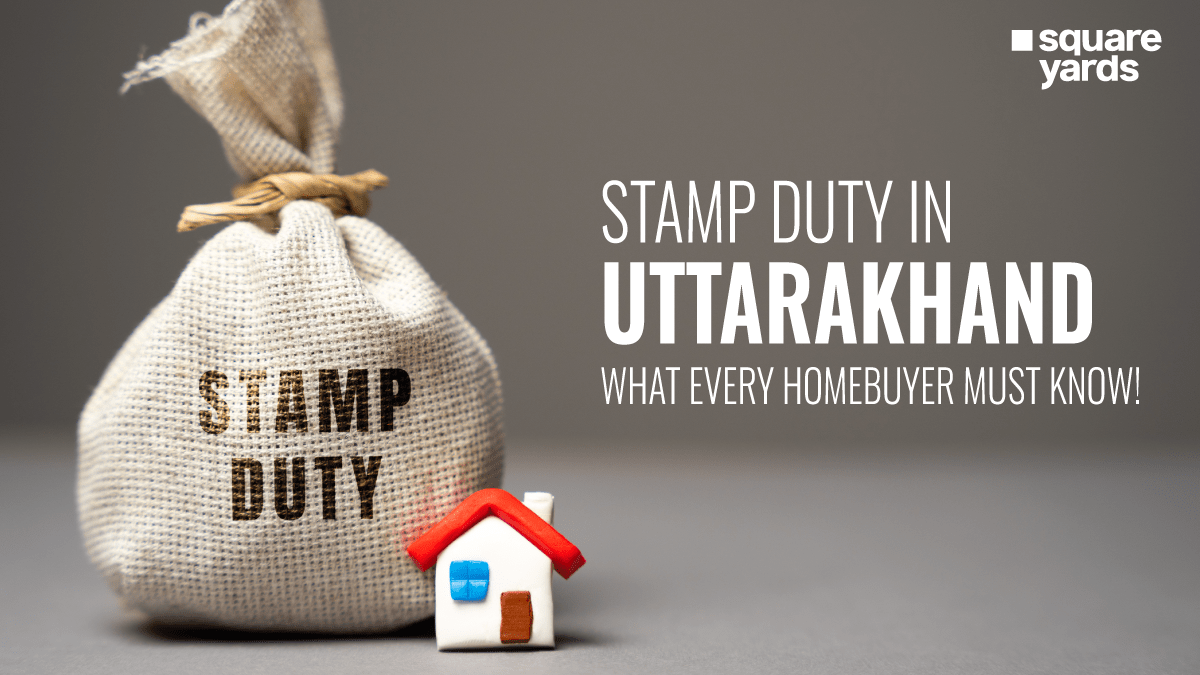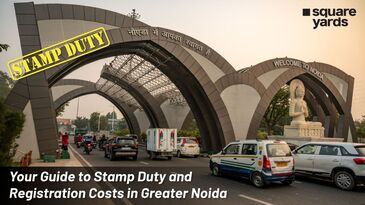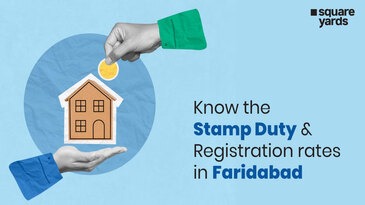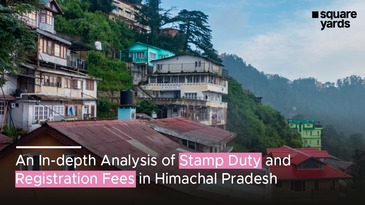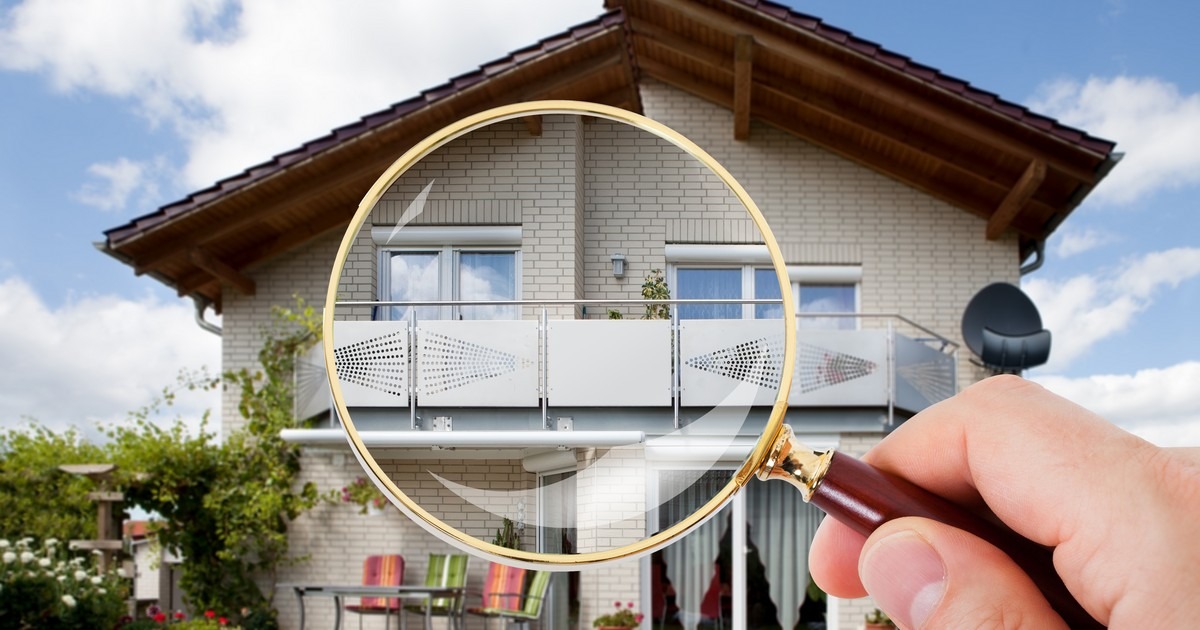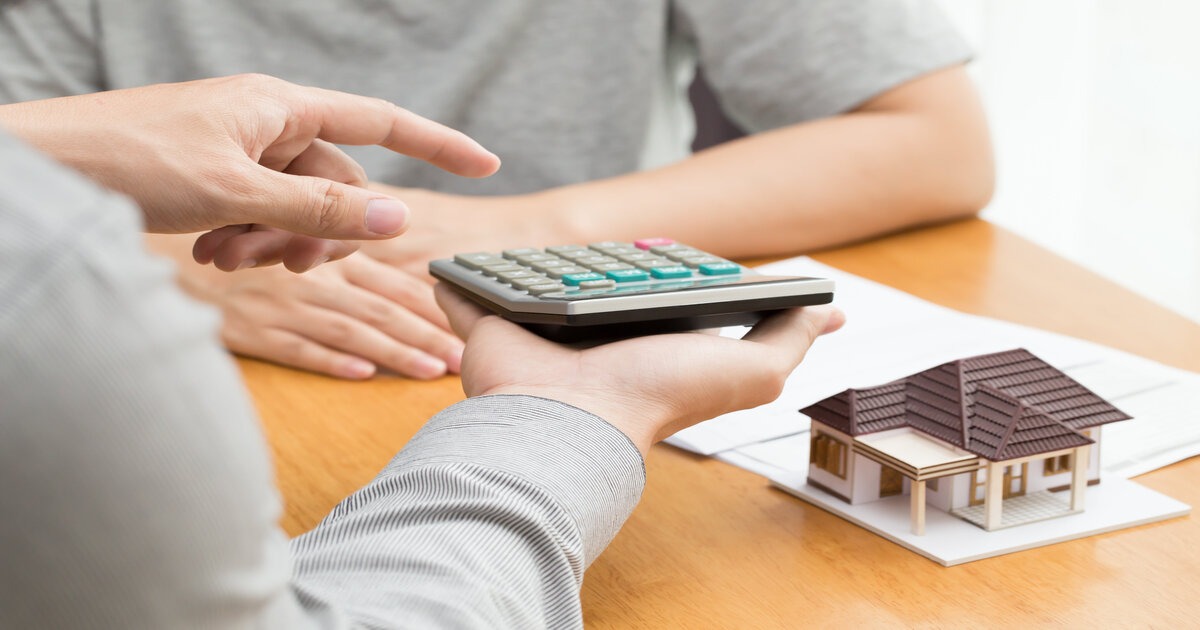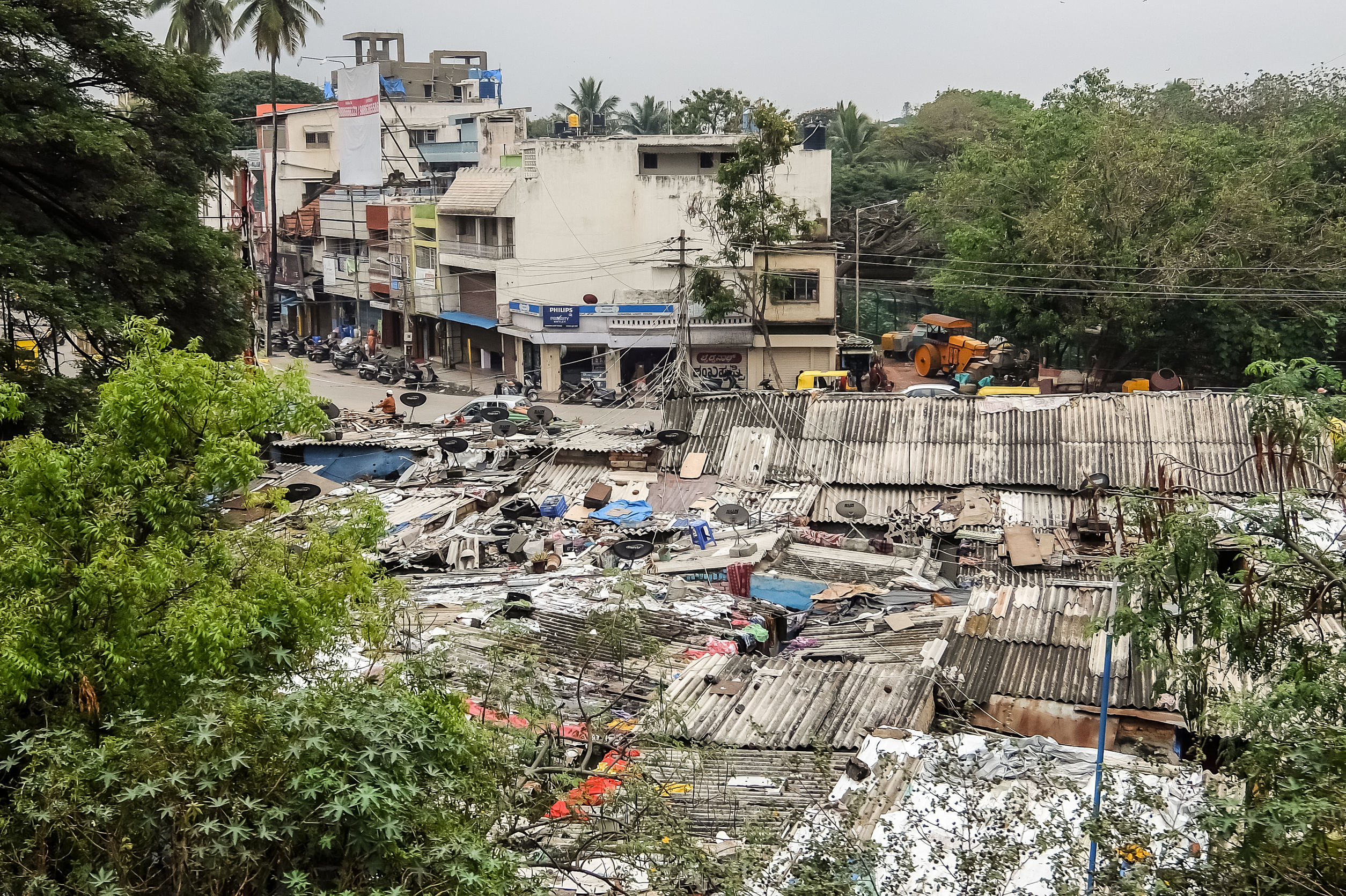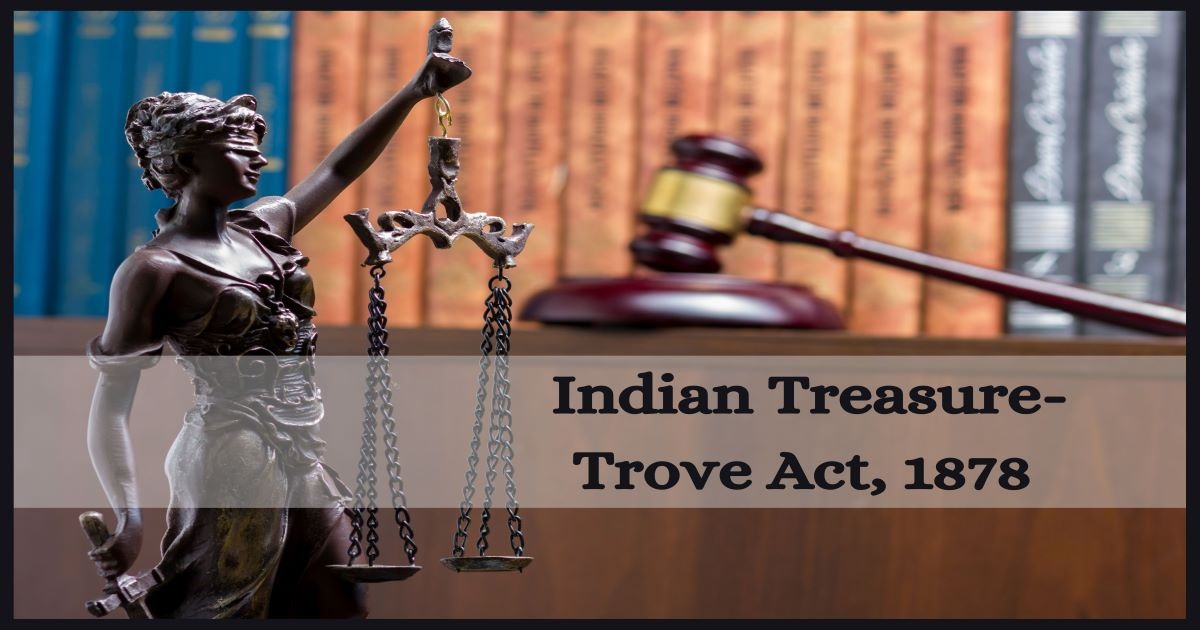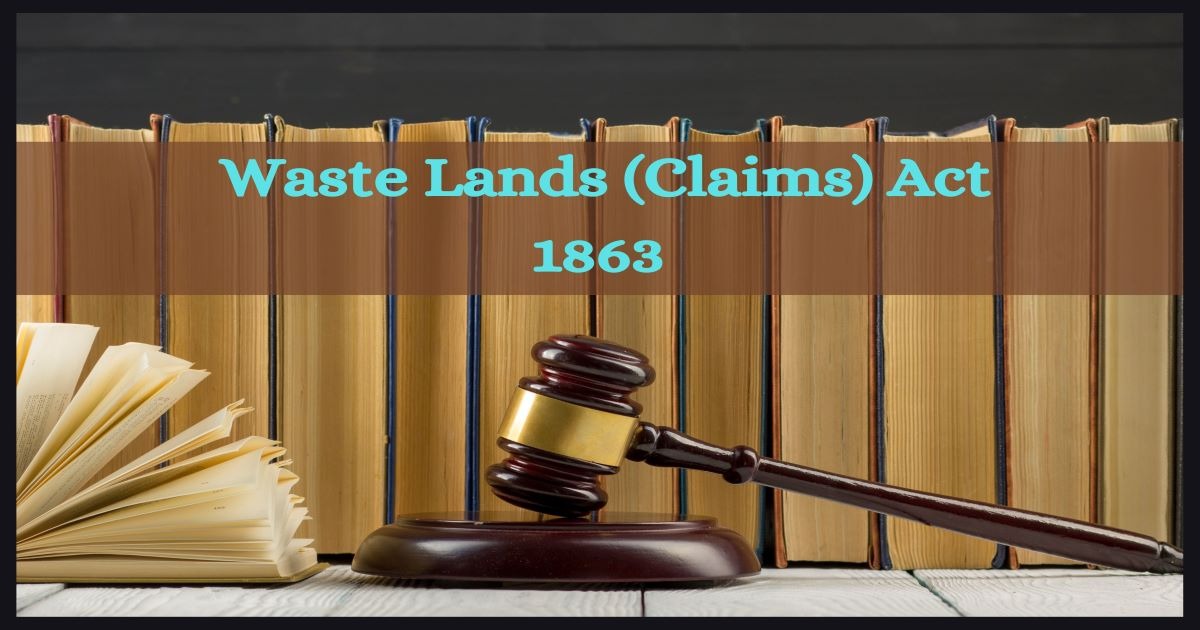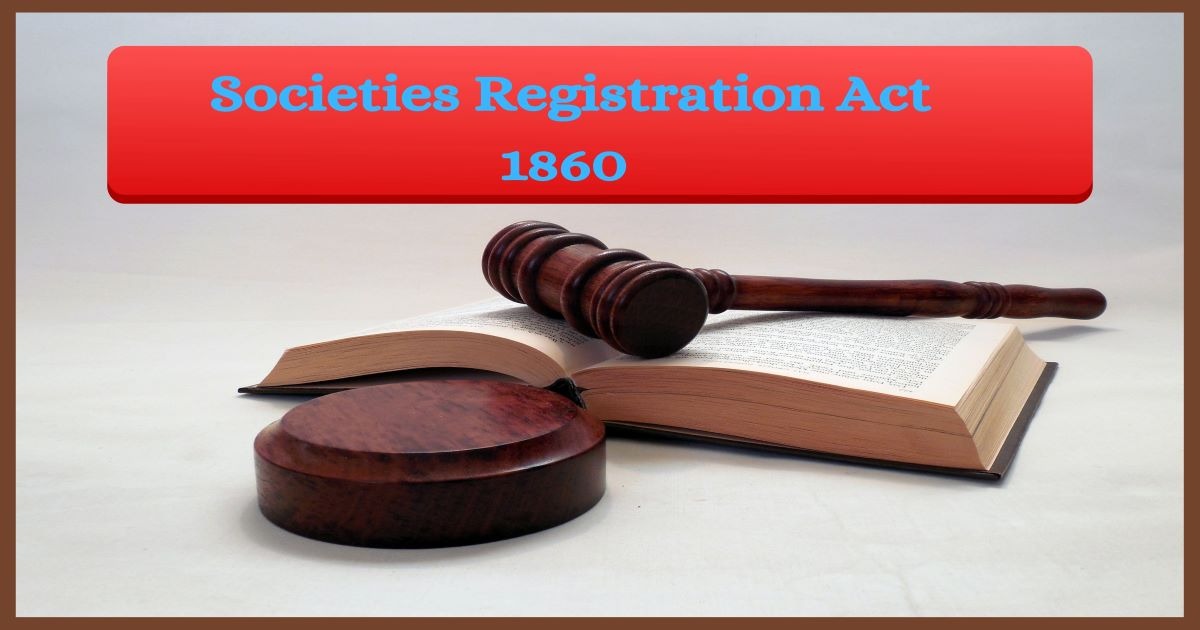Buying a property is a monumental decision! Some even persevere their entire lives toward that one dream house! As emotional as that journey can be, the culmination of it could seem a bit cumbersome because of all the last-minute legalities and formalities one has to go through. Some even face the issue of spending more than what they previously aspired to spend. This happens because, in addition to the price of the property, one must also think about how much it will cost to register the property if one plans to purchase real estate in India.
To give you a little brief of what, property registration fees are! The Union and State lists are the two lists the Constitution specifies as governing the imposition of stamp duties and property registration fees. The Stamp Act gives states the authority to set stamp duty rates in a way that takes into account their unique state policies. Stamp duty fees in Indian states range from 3% to 10% of the property’s value.
The centre typically sets the flat registration charges, which are generally fixed cross-state. Some states, such as Haryana, also charge a set fee for registration. For most states, stamp duty and registration fees rank third or fourth in terms of tax revenue sources, and they make a sizable contribution to the GDP of those states each year.
1% of the property’s value is the standard registration fee in most Indian cities and towns. You will also be charged a small surcharge in addition to these fees and taxes.
Table of Contents
Property Registration Fees In Different City
The property registration fees across different cities have been mentioned below in a tabular format for you to gauge a fair idea about the same.
| City | Flat Registration Charges |
| Bangalore | 1% of the property’s total market value. |
| Delhi | 1% of the sale deed’s total market value plus a pasting fee of Rs. 100. |
| Mumbai | 1% of the property’s overall market value or agreement value, or Rs. 30,000, whichever is less. |
| Chennai | 1% of the property’s total market value. |
| Kolkata | 1% of the property’s total market value. |
What is Property Registration?
The state government in question will charge you property registration fees, which are usually a portion of the property’s total or registered value, when you register a property in your name. A registration fee must be paid in accordance with the Registration Act of 1908 in order to register your property documents in your name. This fee is assessed on both the registration of new properties and the sale of existing properties.
The flat registration charges will vary from state to state. The name under which the property will be registered also affects the outcome. Women and senior citizens receive a discount from the state government on property registration fees.
Factors that Determine Property Registration Fees
The following factors help determine property registration fees when buying property.
The Type of Property: New or Old?
The costs associated with registering a particular type of property depend on that type. To register a new property, you will typically have to pay a high registration fee. Given that the registration fee is based on the price of your entire property, this makes sense. A new property typically has a higher total cost than an older one. When you register an older or less recent property, the registration fees will be lower because the property’s value has already declined since it was first constructed.
Residential and Commercial Real Estate
Commercial properties must pay more to have their properties registered than residential properties. This is primarily because, unlike residential properties, commercial properties are constructed with a business purpose and require additional amenities like swimming pools, escalators, and private parking.
Geographical Variables
The registration costs are heavily influenced by the property’s location. You will pay high registration fees if your property is located in a developed town or a major city. The state in which you purchase the property is important because the state government imposes fees for property registration.
Transfer Type
You are expected to pay the standard property registration fees if you are purchasing a property from someone who is not a relative. However, the registration fees are extremely low if you are using a “gift deed” to transfer the property’s title to a family member.
Amenities
As previously mentioned, you will be charged a higher registration fee if your property has amenities like a clubhouse, community hall, library, playground outside, swimming pool, cargo lift, or gym. Every additional amenity your building has will result in a higher cost under the amenities-valuation method.
Distance from the Bus, Train, or Airport
Did you know that high property registration fees will be charged if you live near an airport, bus stop, or train station? Yes, that is accurate.
The Owner’s Gender
The government will waive flat registration charges if the flat is registered in a woman’s name. In order to save money on registration fees, you can choose to register the property in the name of a female family member.
How is Property Registration Fees Calculated?
On the basis of your property’s market value, registration fees are determined. If the property has both a market value and an agreement value, the higher of the two will be charged.
- In addition to the price or value of the property, other factors that affect the property registration fees include the type of the property, its location, the owner’s gender and age, its use, and the number of floors.
- The value of the property is typically fixed by stamp duty officials using Stamp Duty Ready Reckoner. Every year on January 1st, the relevant state government releases the Stamp Duty Ready Reckoner.
If You Pay Inadequate Property Registration Fees?
Paying hefty registration fees is taxing for many people. As a result, they undervalue the property when registering it and reduce its value. Despite the fact that this may appear to be a quick fix, if you are discovered, you risk facing serious consequences, including possible imprisonment. You are delaying the payment of taxes by quoting a lower price, which costs the government money.
How to Save on Property Registration Charges?
You can save money on property registration costs in a number of legal ways, even if you don’t undervalue your property.
- When registering a property in the name of a woman or a senior citizen, many states will reduce the registration fee. Therefore, register it on the name of any female family members you may have.
- A high property registration fee will be assessed if your house has amenities like a club, gym, pool, or library. So, if you’re looking to purchase a residential property, opt for a single-family home with fewer floors because high-rise structures have higher costs.
- Make a wise location choice. Purchase an outlying property if you don’t mind. Keep in mind that paying more will be necessary if your house is situated in a city.
- Keep in mind that paying more will be necessary if your house is situated in a city.
- Remember to include this information when registering your property if you are purchasing it from a family member. A very small fee will be assessed in this situation because it is regarded as a gift deed.
Find out more about property registration costs by speaking to a consultant for property registration today or by visiting the local property registrar’s office.
FAQs:-
How much do flat registration charges cost in India?
Typically, stamp duty costs between 5 and 7 percent of the market value of the property. Typically, registration fees equal 1% of the market value of the property.
What is the rate of stamp duty in India?
In the majority of Indian states, stamp duties range from 5% to 7% of the cumulative value of the property, while registration fees range from 1% to 2%.


